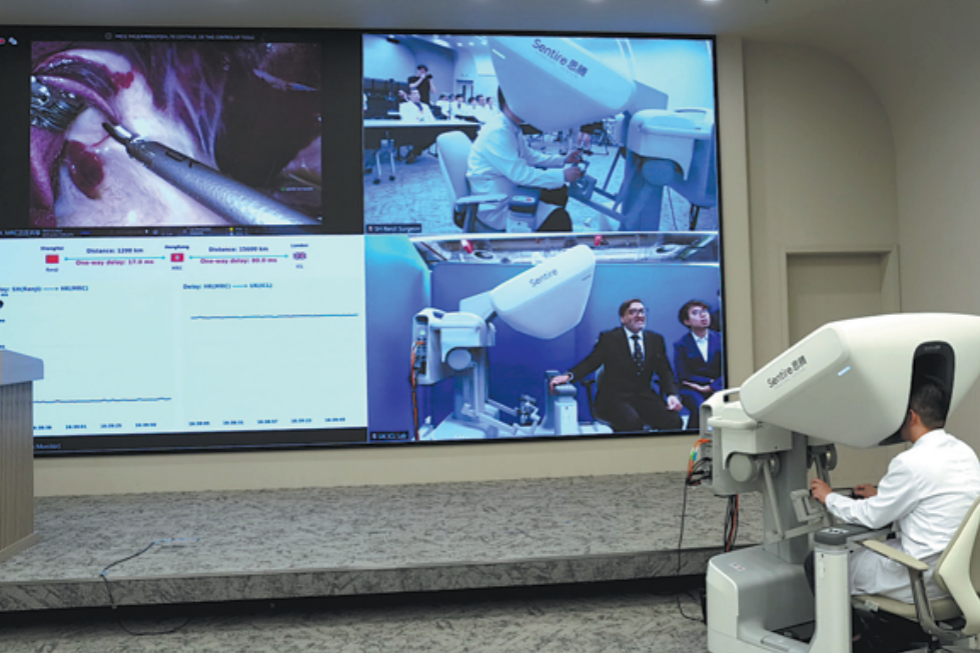Germany's Scholz to face vote of confidence

Germany's Chancellor Olaf Scholz on Wednesday formally set the wheels in motion that will culminate in a general election at the end of February.
The embattled national leader, who has seen his approval rating plummet in recent months, filed a petition with Germany's lower house of parliament, asking lawmakers to participate in a confidence vote on Monday that he is sure to lose.
The confidence vote defeat will oblige Scholz to ask President Frank-Walter Steinmeier to dissolve parliament and set an election date, which is widely expected to be Sunday, Feb 23.
Steinmeier must name the election date within three weeks of Scholz requesting dissolution of the parliament.
The DPA news agency said Steinmeier indicated he would move fast, quoting him as saying: "Our country needs stable majorities and a government capable of action."
The chancellor has been heading toward the confidence vote ever since he broke up his three-party ruling coalition on Nov 7 by firing his finance minister, Christian Lindner, who is also the leader of the pro-business Free Democrats.
Scholz, a Social Democrat, is set to face off in February against Friedrich Merz, leader of the center-right Christian Democrats, which is known as the CDU, Robert Habeck, leader of the Greens, and Alternative for Germany's co-leader Alice Weidel.
Scholz started campaigning on Tuesday, during an interview with public broadcaster ARD in which he said he will reduce sales tax on basic groceries from 7 percent to 5 percent if he is reelected chancellor.
"This would help many people who earn very little money and would not be an excessive burden on the federal budget," he said.
But he is facing a major challenge in getting reelected. His party is far behind Merz's CDU/CSU, which is polling around 31 percent of the popular vote, according to the latest Bloomberg polling average. The far-right Alternative for Germany party is second at around 18 percent, just ahead of Scholz's Social Democrats Party, or SPD, at 17 percent. The Greens are fourth at 13 percent and a new far-left party founded earlier this year, called the BSW, has about 5 percent of the vote.
Merz was also out campaigning this week and said during a visit to Warsaw, Poland on Tuesday that he believes Germany should form a European contact group on the Russia-Ukraine conflict, alongside France, the United Kingdom, and Poland.
Merz unveiled the idea on Monday, during a visit to Ukraine, saying the contact group could jointly develop strategies to support Ukraine, especially in light of the United States' likely scaling back of its support under the new presidency.
The leadership crisis in Germany follows a similar situation in France, in which Prime Minister Michel Barnier lost a confidence vote and triggered the collapse of his government.
The confidence vote in Germany will be the first the nation has experienced since 2005 when then-chancellor Gerhard Schroder lost such a contest and sent the country into an early election.
Today's Top News
- Digital countryside fueling reverse urbanization
- 'Sky Eye' helps unlock mysteries of the universe
- China offers LAC development dividend
- Future sectors to receive more play
- Nation sets its sights on export boost
- China to open its door to foreign investment wider






























